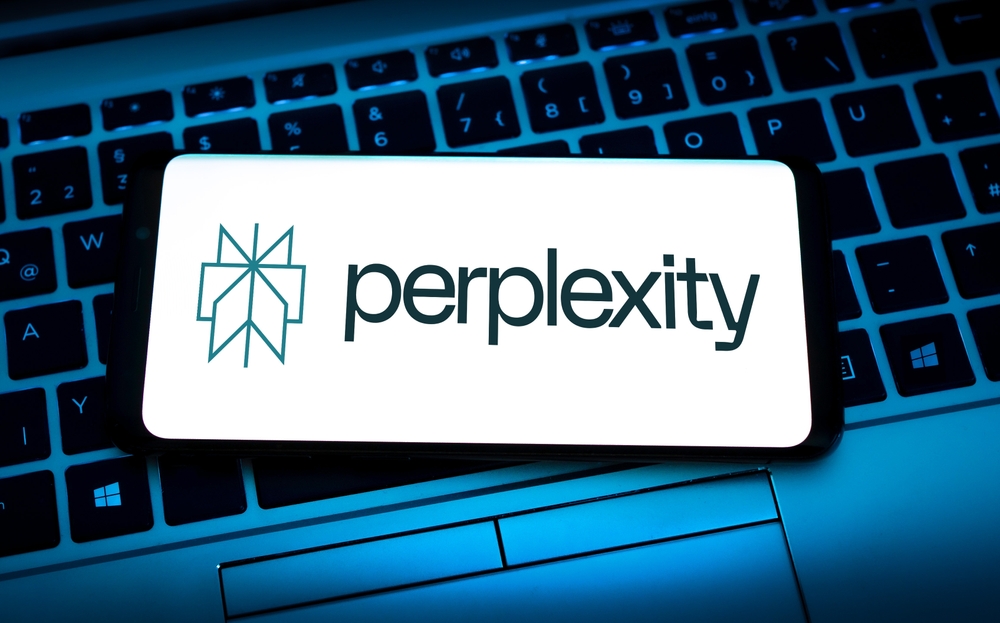Artificial intelligence startup Perplexity has launched an application programming interface (API) that it claims provides developers with access to the same infrastructure that powers the company’s public search engine.
The new Perplexity Search API provides a single interface through which developers can tap information from the company’s index of hundreds of billions of webpages, Perplexity said in a Thursday (Sept. 25) blog post.
“Perplexity Search API is designed for the unique demands of AI applications,” the post said. “Unlike other API offerings that expose a restricted universe of information, our API provides rich structured responses that are ready for use in AI and traditional applications alike.”
To support the launch of the Perplexity Search API, the company also offers developers an SDK, an open-source evaluation framework and a deep dive into how it built the API.
PYMNTS Intelligence found that consumers are increasingly using AI chatbots, rather than search engines, to do their online searches.
This shift is led by Generation Z. Two-thirds of Gen Z consumers, as well as zillennial ones, already use AI chatbots for work and personal chores.
Advertisement: Scroll to Continue
Across every generation, more than three-quarters of users said interacting with generative AI through a keyboard, touchscreen or mobile device is “easy.”
It was reported on Sept. 10 that Perplexity secured $200 million in new funding, valuing the company at $20 billion.
Perplexity has raised funds approximately once every two months in the last year, with its total funding exceeding $1 billion.
The company was valued at $14 billion following a funding round in March, with its valuation jumping to $18 billion after it raised another $100 million in July.
On July 9, Perplexity introduced its AI-powered web browser, called Comet, stating that this tool enables users to answer questions, carry out tasks, and conduct research from a single interface.
The browser also features an assistant that can conduct browsing sessions while users work, and can perform tasks such as comparing what a user is reading to something they’ve already read, or assist with more practical matters like comparing insurance plans or making investment decisions.
In January, Perplexity launched an AI assistant within its Android app to help users with tasks like booking dinner, finding a forgotten song, calling a ride, drafting emails and setting reminders.
For all PYMNTS AI coverage, subscribe to the daily AI Newsletter.

